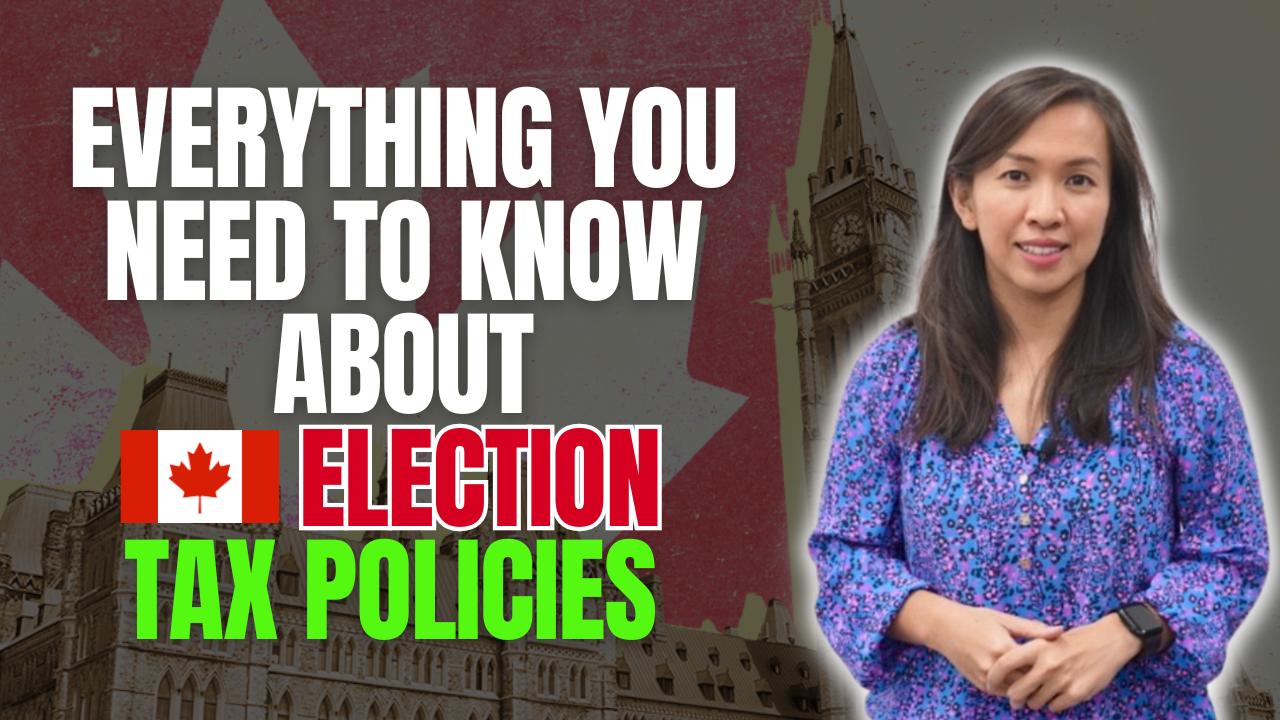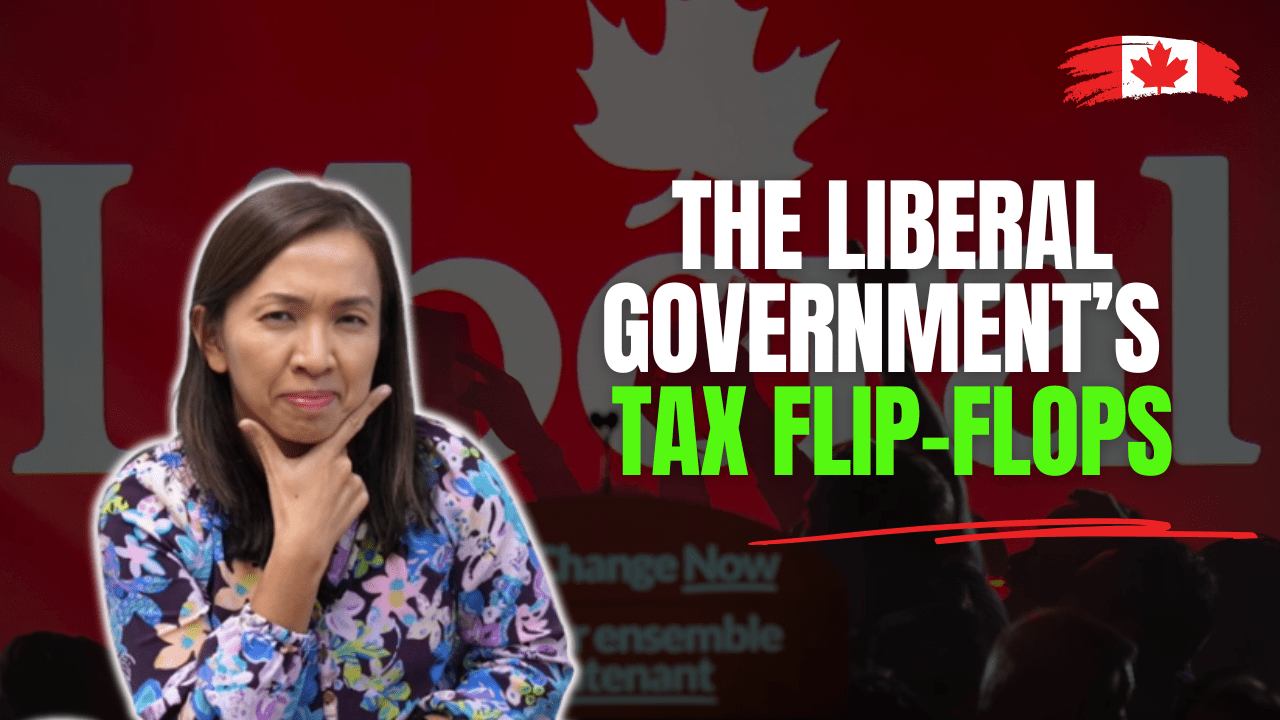- Recently, Erwin and I embarked on a journey to sell off a portion of our portfolio in Ontario. One of the properties that I sold was my very first investment property that I bought together with my then-boyfriend, now-husband Erwin.
- It’s a bittersweet moment – the property has had its ups and downs over the last 11 years of ownership. It has enabled me to take on the business opportunities that I would otherwise feel uncomfortable taking on.
- We sold because:
- We want to redirect our portfolio to a more landlord-friendly environment for diversification purposes.
- We want to invest with an asset management platform so we can remove ourselves from the day to day landlord responsibilities.
- We also want to derisk our portfolio by lowering the amount of debt that we are holding.
- If you are sitting at a crossroad, trying to figure out the big decision – Should you sell or stay put, you’re reading the right post. I’m going to dive deep in my decision process.
1. Conducting a Realistic Financial Check – are you having negative cash flow monthly:
- Many investors are hurting with their properties right now. They are looking at their financials and they are trying to find ways to trim down their expenses.
- For investors who were on negative cash flow to begin with in the good days, it’s even tougher in these tough times for them to take on the amount of negative cash flow they are incurring on carrying on their portfolio.
- To me, it’s important to break down the analysis: take a realistic look at your rental income versus expenses including repairs, management, mortgage, taxes, and insurance, condo fees, line of credit interest. Do some quick math. How much are you cash flowing from your properties? A red negative number can be a huge red flag to some.
- Many investors are suffering mentally by holding on to a negative cash flow properties. We know real estate investors who are incurring $4K negative cash flow from investing in Toronto condos. How many negative cash flow properties can you carry with your job income or property income?
- Evaluate the impact of potential financial loss: Do you have alternative income sources to cover expenses? What is the mental and emotional toll? These are the questions that only you can answer with the full financial picture.
2. Consider the Implications of Selling from a cash flow perspective and tax perspective:
- When our clients approach us to help them decide on whether they should be selling a property or not, we often do two analysis with them.
- One is to estimate the amount of taxes they would have to pay, the other one is to calculate how much cash they are actually going to get from selling their properties.
- Let’s use our client’s example to explain. She bought a property a few years ago for $300K. She was selling her property for $525K. After she paid for commission and mortgage penalty, her net sale price is roughly $500K.
- From a tax perspective – she’s made $200K capital gain. 50% of the capital gain is taxable, so she would have to pay tax on $100K. Assuming her marginal tax rate is 50%, she would incur $50K of tax liability selling her property.
- In my overly simplified example here, we have ignored the tax implication of recapture. If she had claimed capital cost allowance in the past on this property, she would need to report all the capital cost allowance as recapture income in the year she sold the property. In our example here, we have assumed that she’s not taken any capital cost allowance and therefore, no recapture income impact.
- However, from a cash flow perspective, it is a completely different situation.
- She owed $300K in mortgage and she had a $150K line of credit on the property.
- Her net sale price is $500K, she had to repay the bank for $450K ($300K mortgage & $150K LOC). She net about $50K.
- And she owes $50K tax. What she net from the sale proceeds would be just enough to cover her tax liability.
- After the sale, she would have no cash inflow. She’s refinanced her property multiple time and used her line of credit to invest in other properties. She’s already taken out her equity. When she sold, she got nothing left.
- When we presented this cash flow situation to our client, she was caught off guard. She decided to still go ahead with the property sale because this would stop her monthly negative cash flow of $4K a month between the line of credit interest and her negative cash flow with her rental.
- We also pondered the alternative solution of holding on the property for a few more months in the hopes of selling the property for a higher price given that the market is all waiting for the interest rate decline.
- We incorporated the higher sale price, the additional carrying cost and the tax implication to see if she would be landing in a better financial situation if she were to hold off to sell. Ultimately, she decided the additional potential gain was not worth the wait. She’s better off selling so she could sleep at night.
- When you are considering to sell, it’s important to:
- Consider the tax implication vs the cash flow situation: you can be making money in CRA’s eyes but in reality, you might not have any cash flow, you might even have to pay out of pocket to sell your property. Are you prepared for it?
- Is it worth waiting for market changes or personal financial shifts? Make sure you do a comprehensive scenario analysis with the assumption that that you believe in (such as improved in market condition) and incorporate the cost of carrying the property to understand the potential alternative solution.
3. Utilizing the Proceeds from the Sale:
When it comes to utilizing the proceeds from the sale, it’s crucial to have a clear plan for any funds remaining after settling your obligations with the bank and the tax authorities. Consider whether you’ll reinvest in potentially more profitable ventures, use the money to pay down debts for greater financial freedom, or allocate it towards experiences that enrich your life. Whatever you decide, be wary of impulsive spending. Thoughtful, strategic financial planning is key to ensuring that these funds continue to work for you and align with your long-term goals.
4. Preparing for the Outcome:
Navigating the aftermath of a property sale is as crucial as the sale itself. It’s vital to thoroughly prepare for any tax implications, especially if you stand to gain from the sale. Consider setting aside a portion of the proceeds to cover tax liabilities, or make sure you have enough savings to handle any potential financial obligations. Additionally, it’s important to assess your emotional preparedness for this change. Letting go of a property can be more than a financial transaction; it can also signify moving on to a new chapter. Take the time to understand and accept these emotional aspects as you transition forward.
Conclusion:
As we conclude this journey through the critical decision-making process of selling real estate investments, it’s important to remember that each property and each investor’s situation is unique. Deciding to sell a property is a multifaceted decision that goes beyond just financial calculations. It involves evaluating your current cash flow situation, considering tax implications, and understanding your personal financial goals and mental well-being.
Reflecting on our own experiences, the decision to sell was not made lightly. It was a choice influenced by our desire to redirect our portfolio, manage our risks, and align our investments with our changing lifestyle and goals. It’s essential for every investor to weigh their circumstances carefully – whether it’s the financial stress of maintaining a negatively cash-flowing property, the tax consequences of selling, or the emotional readiness to move on.
Remember, in the world of real estate investing, being informed and having a strategic approach can make all the difference. Don’t hesitate to conduct thorough financial analyses or to seek professional advice. These steps are crucial in ensuring that your decision to sell is in your best financial and personal interest.
As always, stay informed, stay prepared, and let your long-term objectives guide your real estate journey.
Until next time, happy Canadian Real Estate Investing.
Cherry Chan, CPA, CA
Your Real Estate Accountant





